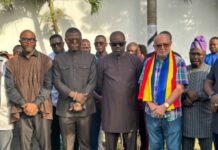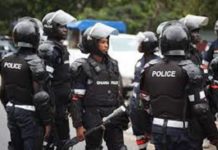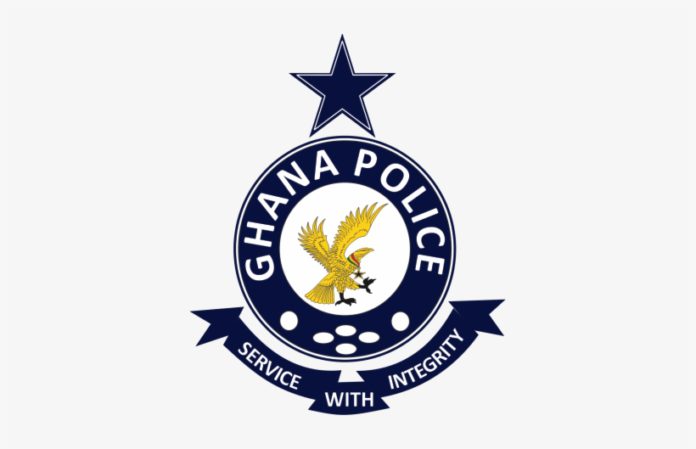
The Anti-Human Trafficking Unit of the Ghana Police Service has raised an alarm over supposed organ harvesting syndicates that may lure members of the public abroad for illegal organ harvesting.
The head of the unit, Chief Superintendent Mike Baah, said there were syndicates that sought to lure unsuspecting victims abroad with juicy job offers and deals, and urged Ghanaians to be alert and careful to avoid falling victims.
He said the syndicates were well connected and powerful and added that people must be careful of their activities.
At the opening of a three-day capacity-building training programme for law enforcement officials in the Central Region yesterday, Chief Supt Baah said human organs, such as the kidney, were sold for between $250,000 and $500,000 on the black market.
Event
The event was dubbed: ‘Combating Human Trafficking and Irregular Migration in Ghana’ and organised by the Ministry of Gender, Children and Social Protection, with support from the European Union and other agencies.
Chief Supt Baah said some of the victims were so naive that they did not know where they were going or what exactly they were going to do or their address of the contact.
He urged the participants not to arrest the trafficked victims, saying they were victims who needed support.
“Our focus must be to get the perpetrators, not the victims; they need your support,” he said.
He urged the officials to undertake their work without fear, saying they should enforce the laws and ensure perpetrators were brought to book to give expression to the authority they derived from the Human Trafficking Act, 2005 (Act 694).
ALSO READ:
Child trafficking
He explained that the stages of human trafficking — including the act, the means and the purpose of human trafficking — should be clearly identified and cases effectively prosecuted.
He said in some cases, relatives and close acquaintances were the perpetrators, stressing that the law enforcement officials could not fail the victims.
Mr Baah said the Central Region was a receiver and sender region, with Kasoa and Swedru among the places offenders operated the most and urged the security agencies to step up efforts to arrest the perpetrators.
The National Coordinator of the Ghana NGO Coalition on the Rights of the Child, Nana Amankwah, said children had the right to health, shelter, food, and clothing, and must not be used as money-making tools.
He urged parents, guardians, and communities to ensure that children were not engaged in abusive, hazardous, exploitative activities and ventures that were harmful to their health, safety and development.
The Chief Director of the Central Regional Coordinating Council, Kingsley Agyei Boahene, advised the participants to work hard to reduce the activities of traffickers in the region.

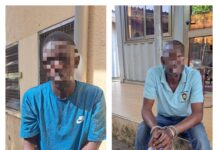
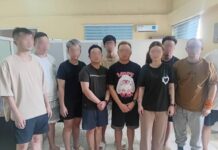
![Man arrested in Akatsi for possessing Indian hemp [Photos]](https://www.adomonline.com/wp-content/uploads/2025/05/Indian-Hemp-218x150.jpg)
